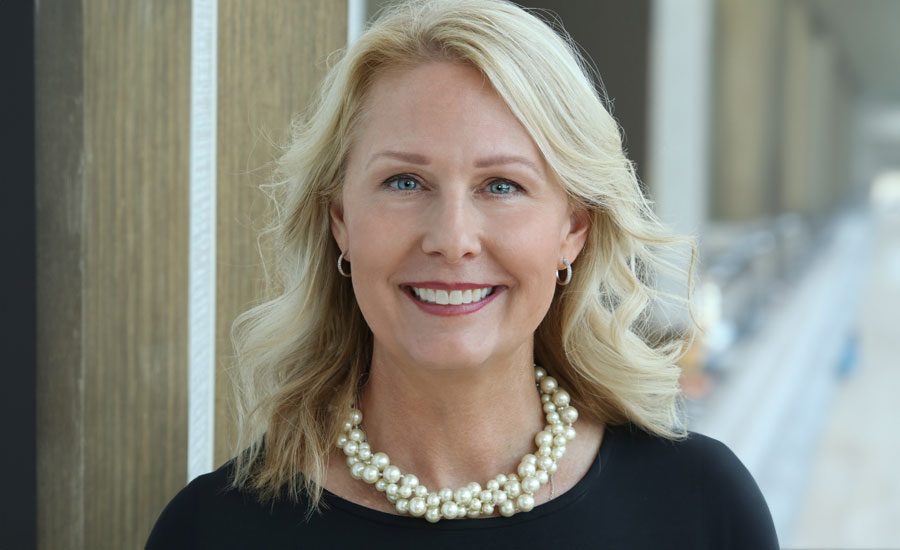Please indulge me while I tell you of my proudest moment on the golf course. I promise not to bore you bragging of great shots or a low round. Quite the contrary, it concerns a lousy shot that may have cost me a tournament match.
My drive sliced right and headed perilously close to a wooded area marked by white out-of-bounds stakes — an all-too-familiar occurrence with my game. So I hit a provisional ball that ended up where it belonged in the fairway, except it would represent my third shot. My opponent and two other playing partners all hit their drives to the left, so I trudged alone toward the woods to locate my first ball.
I found it lying close to a white stake. When I lined that marker up with an adjacent stake, the ball was unmistakably out of bounds. Not by more than a couple of feet, but only if you crossed your eyes would you judge it to be in play. My companions were almost 100 yards away and paying little attention to me. They couldn’t possibly tell if I were “in” or “out.”
I’m ashamed to say the thought flitted across my mind to save a shot by chipping out to the fairway, claiming the ball was in bounds. Prize money in addition to bragging rights were at stake, and match play always stirs my competitive juices. Daily doses of such temptation explain why there’s an astounding amount of sin in our world.
But I didn’t give in. I took my penalty, played the provisional ball, and lost the hole by a stroke. The match was tight until I got closed out on the 17th hole. Had I cheated, the outcome might have been different, although I’d have felt rotten inside.
Golf has a different ethic than most other sports. When a baseball player traps a ball, he instinctively raises his glove trying to fool the umpire into ruling he caught it on the fly. If a football player ever called a penalty on himself, he would catch hell from teammates, coaches and fans — and the ref would probably faint. Only golfers are expected to police themselves.
The people I habitually golf with at our municipal course trust one another to do exactly that. My opponent left it entirely up to me to make the out-of-bounds call, and I would have done the same with him. This trust factor has bonded us into a harmonious golfing community, even among personalities that may clash off the course.
Any rule has exceptions. Several years ago I played a match with an individual I noticed improving his lie when he thought no one was looking. I never called him on it, because there were no other witnesses and it would have led to an irresolvable “no I didn’t/yes you did” argument. However, the episode forged a lasting negative impression about that fellow. I’ve kept my distance from him and never patronize the business he owns. I figure if he cheats at golf, he wouldn’t hesitate to cheat his customers.
An Epidemic of Cheating
Some might call that harsh judgment. What does it matter if people take liberties with a silly pastime?My response is that golf reveals more about people than their degree of skill with the clubs. Someone once defined morality as doing what’s right when no one’s watching. The golf course provides an ideal testing ground.
With that in mind, what are we to make of a recent survey commissioned by the Starwood Hotels & Resorts chain? They queried 401 business executives and CEOs with an average household income of $187,000 on a variety of golf and related issues.
Turns out that 82 percent of those executives admitted to cheating on the golf course. The survey also found 86 percent saying they cheated in business. Sense a correlation there?
A similar study done in 1993 found only 55 percent of executives saying they cheated at golf. Interesting, isn’t it, how the dramatic rise in cheating over the last decade coincides with the accounting shenanigans blamed for the meltdown of the U.S. stock market taking place as I write this in July.
The rouges gallery of corporate fraud has grown to the point where the “few bad apples” excuse is rendered lame. Not long ago it seemed only fair to assume the integrity of CEOs and CFOs until proven otherwise. Investors now conclude it is foolish to trust them. The Starwood survey suggests they’re right.
For the market to be healthy, investors need to believe the numbers they get fed. For that to happen, business executives and auditors need to recalibrate their moral compass. A good start might be to drag themselves away from the bad company they keep at plush resorts and country clubs, and play a few rounds with me and my buddies at our hometown facility.



